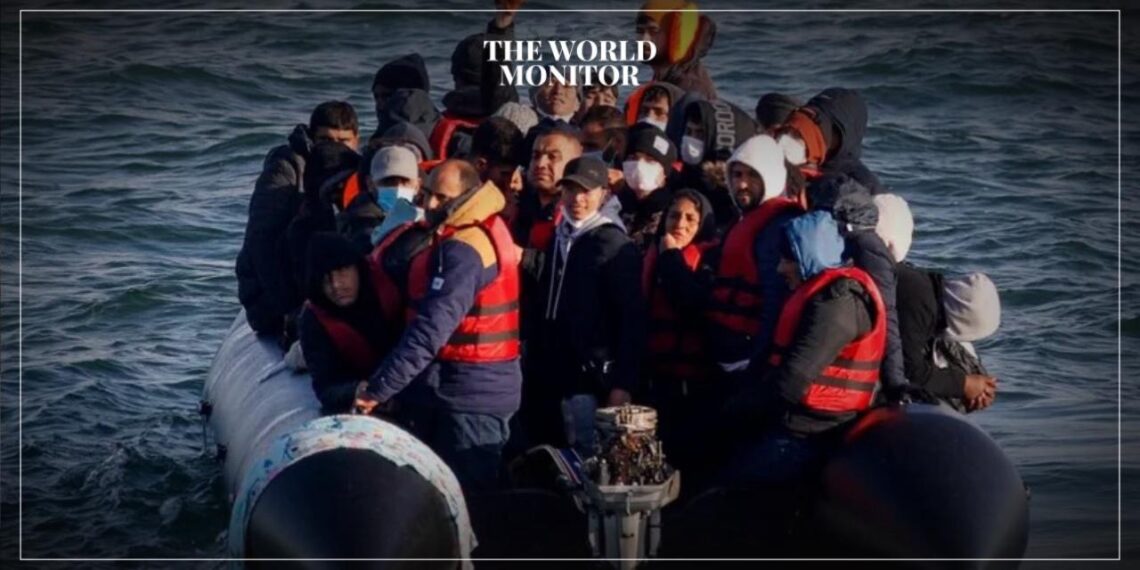The United Nations announced on Thursday that the global total of forcibly displaced people due to wars, violence, and persecution reached a record 120 million by the end of April.
According to the UN High Commissioner for Refugees (UNHCR), this number represents a new high and is a stark indictment of the current state of the world.
UN High Commissioner for Refugees, Filippo Grandi, stated that these are refugees, asylum-seekers, and internally displaced persons, people forced to flee due to conflict, persecution, and varying forms of violence that are becoming increasingly complex.
He emphasized that conflicts remain a significant driver of displacement.
The UNHCR noted that forced displacement worldwide has increased for the twelfth consecutive year, reaching unprecedented levels.
Ongoing conflicts and wars in various regions such as Gaza, Sudan, and Myanmar have compelled more people to flee their homes and seek refuge in neighboring countries.
In some cases, people are forced to flee to distant nations, risking their lives to escape deadly conflicts. This is often seen with perilous journeys across the Mediterranean Sea, which has become a dangerous route and a graveyard for refugees and illegal migrants.
The UNHCR’s latest report highlights the ongoing and escalating crises that contribute to forced displacement.
The agency’s data shows a continual rise in the number of displaced persons, driven by prolonged conflicts and emerging crises.
For instance, the situation in Gaza has seen periodic escalations in violence, leading to widespread displacement.
In Sudan, the conflict between military factions has resulted in a humanitarian crisis, displacing hundreds of thousands.
Myanmar’s Rohingya crisis has also been a significant factor in regional displacement, with large numbers fleeing to Bangladesh and other neighboring countries.
The Mediterranean migration crisis continues to pose a significant challenge, with thousands risking their lives to cross from North Africa to Europe, often facing dire conditions and high mortality rates.
The UNHCR calls for urgent international cooperation and comprehensive strategies to address the root causes of displacement, ensure the protection of displaced persons, and find durable solutions to these protracted crises.






